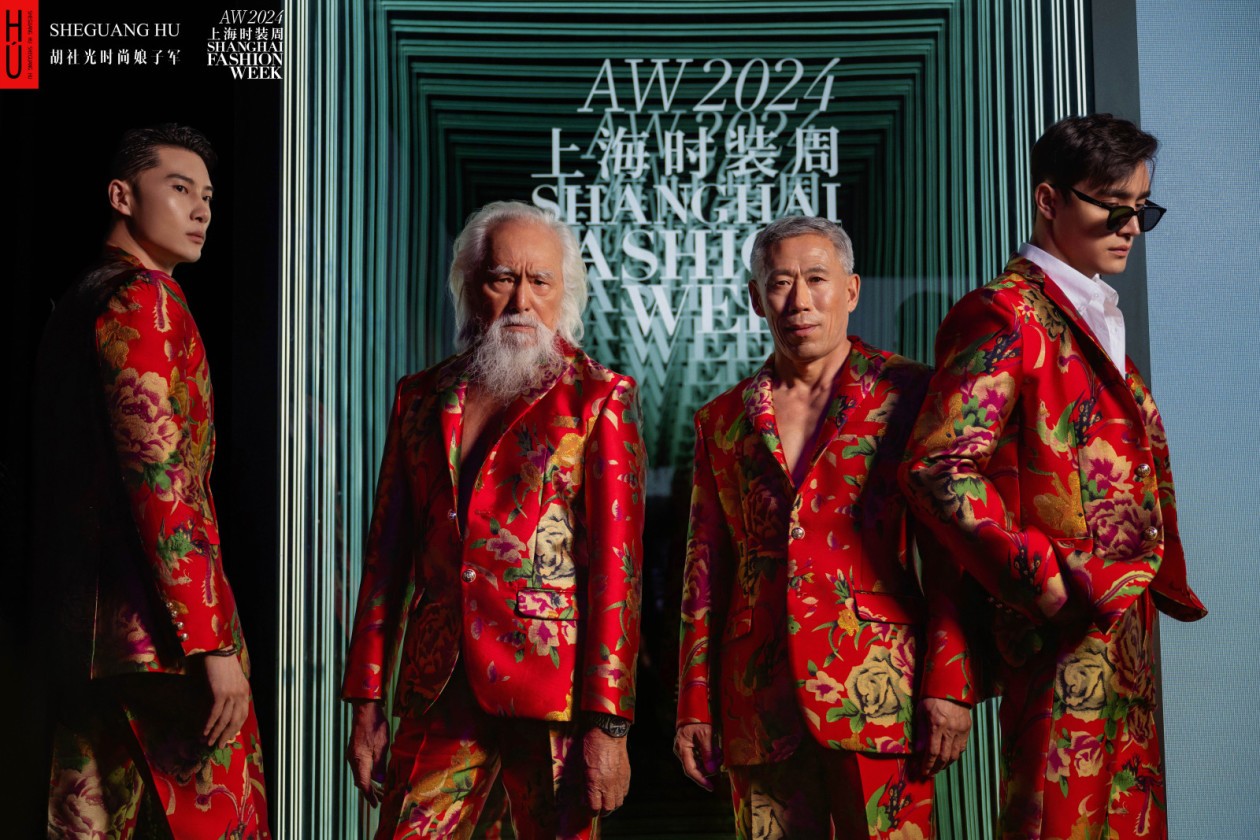
We’ve all realized that Covid-19 has changed travel forever. Even after countries get their infection rates low enough and their vaccination rates high at this point, travel will be different as we move forward. Businesses that want to target Chinese tourists need to bear these crucial trends in mind while also keeping their brand top of mind with potential customers in China.
Prioritize Safety and Hygiene
Airlines, cruise lines, locations, hotels, restaurants and indoor performance venues will get to showcase their area’s fresh air and sun, their building’s windows and fan systems that allow constant airflow, their high tech hospital-grade air con systems that prevent the transfer of air between rooms, their disinfection, room cleaning and laundry procedures, their testing and vaccination requirements for staff and guests and more.
We can see this in action internationally once we take a glance at the travel sector that was put within the spotlight within the youth of the pandemic and that has been one among the toughest hit by Covid-19. Starting in October 2020, cruise lines began to require negative Covid tests before boarding for all guests and staff and implemented a variety of measures to stop outbreaks.
As of April 2021, that has now been updated to a requirement for proof of vaccinations before boarding and sailing to destinations that also require vaccinations for travellers, like Iceland. Many ships now have Covid testing labs on board and need regular testing. Cruise lines have worked alongside the CDC and other health agencies to reinforce their health protections and also are advertising their updated health protocols clearly.
Increased Flexibility for Booking, Payments and Refunds
In the earliest days of the Covid outbreak in China, to bring visitation to a halt, the govt encouraged travel businesses and platforms to offer full refunds in order that travellers could cancel their plans at the eleventh hour without financial penalties. This went an extended thanks to minimizing travel and therefore the spread of Covid in China.
Now that infection rates are in check there and domestic travel is underway, travel businesses realize that these highly flexible cancellations and rescheduling policies are still necessary. People are wary and also know that outbreaks and other factors can suddenly derail their plans.
The cruise industry, airlines and lots of hotel chains have already changed cancellation, rescheduling and refund policies to make them more flexible for worried travellers. Given that travel is very discouraged during an epidemic, people are handling a variety of circumstances that make travel and planning challenging and therefore the travel industry itself faces huge obstacles, this is a necessary step.
Online Assistant: Live Streamed and Virtual Tours
China is very popular with its live streaming which is actually a robust trend even right before Covid hits. It became an essential channel for influencers (KOLs) to connect with his or her audiences which is very impactful in highly effective promotions and sales.
Live Streaming and video have also emerged everywhere on the planet as a way for people to experience vicarious travel while many borders are closed. There’s incredible variety, from free live cams of wildlife, the aurora borealis and zoos to paid live streams of Shakespeare plays, themed tours in major tourist destinations, safaris and virtual tours of famous landmarks.
Some national tourism boards, like Australia’s and Saint Lucia’s, have done an honest job fixing dedicated websites and social media accounts with many virtual tours, stunning photos and educational videos to stay prospective and virtual tourists engaged and longing to ascertain the important thing face to face.
Co-branding
Co-branding is huge in China. This includes some solid partnerships and products, like a campaign with the UK’s National Gallery and KFC that had buckets and cups with world-famous impressionist works available at KFC’s thousands of restaurants in China. Don’t rule out a collaboration because it's going to seem odd to you because the boundaries are different in China.
If you favour colour within the lines, that’s also possible. It’s good if your online store ships to China, but to remain in-tuned with Chinese consumers, you actually need outlets on Chinese e-commerce sites like Tmall and Taobao and to speak with customers in ways in which they’re conversant because the British Museum did by live streaming on Fliggy.
Produce items that match your brand image and sell merchandise to customers who can’t visit you face to face. Many hotel chains already sell fragrances, toiletries and bedding. Restaurants often make T-shirts, hats, mugs or water bottles. Beach destinations can sell designer beach towels. Keep sustainability in mind too.
Duty-Free Stores
In addition to maintaining a presence online, double-check your products that are available in duty-free stores. For example, China's Hainan island has become a hot travel and shopping destination with sales at the island’s duty-free stores soaring during Chinese New Year as Chinese shoppers, especially those looking for luxury items, flocked to the island. Sales during Golden Week doubled in 2020.
Essentially, Hainan and other places within China, where domestic travel has grown enormously, have now taken the place of foreign destinations when it involves luxury shopping travel. 90% of the expansion within the luxury goods industry was due to high demand from the Chinese consumers, who were liable for 35% of worldwide luxury spending.
There’s also healthy demand in China for food, organic products, plant-based foods, pet products and beauty-related items. China’s digitization was already well before many other places before the pandemic but it accelerated after Covid hit. This means that travel brands need their own localized, Mandarin language official websites and so people around the world understand China’s primary travel-related websites, platforms and apps. Establish a presence on them and advertise consistently to succeed in China’s foreign product consumers and future international travellers.







